does bipolar 1 have depression
Depression feeling very low and lethargic. A person with bipolar disorder will experience mood episodes that range from extreme elation to extreme depression.

Differential Diagnoses A Look Into The Overlooked Major Depressive Disorder
In bipolar II there needs to be the presence of a hypomanic and a major.

. In the case of bipolar II you must have had at least one major depressive episode and at least one hypomanic episode but never experienced a manic episode. You experience periods of depression similar to those of MDD. The features supporting a continuity between bipolar II disorder and major depressive disorder currently are 1 depressive mixed states mixed depression and dysphoric mixed hypomania.
At times people with bipolar disorder go through depression. According to the DSM 5 Bipolar I Disorder is characterized by one or more manic episode or mixed episodes. Symptoms of bipolar disorder depend on which mood youre.
Bipolar Type 1 is considered the most severe form of this illness. Bipolar disorder sometimes called manic-depressive is different. Learn more about what bipolar disorder feels like.
Occasionally these depression patients developed a manic episodethat is they turned out to have bipolar Ibut this was far less common only 39 percent. Bipolar 1 disorder typically involves at least one major depressive episode. This makes bipolar disorder the more.
Bipolar disorder causes emotional highs and lows while depression causes a. People with bipolar disorder have episodes of. In bipolar I disorder there doesnt need to be a depressive episode although in most cases there is.
Bipolar Disorder and Depression. Lets learn more about what these. How Does Bipolar Disorder Affect People.
Mania feeling very high and overactive. While major depression causes only low moods bipolar disorder produces depressive and manic states that replace each other in a recurrent pattern. As mentioned above bipolar 1 disorder causes mania and may cause depression while bipolar 2 disorder causes hypomania and depression.
When a manic episode lasts at least seven days or when symptoms are so severe that hospital care is needed its considered to be a case of Bipolar I Disorder. How its different from depression is that people with bipolar disorder have also experienced at least. Bipolar I disorder defined by manic episodes that last at least 7 days or by manic symptoms that are so severe that the person needs immediate hospital care.
They may have normal moods. Bipolar I disorder involves manic episodes that last at least 7 days or manic symptoms so severe that you need immediate hospital care. Depressive episodes are also common.
Other times they go through manic moods. Bipolar disorder and depression are both considered mood disorders. If you do you have extreme mood swings.
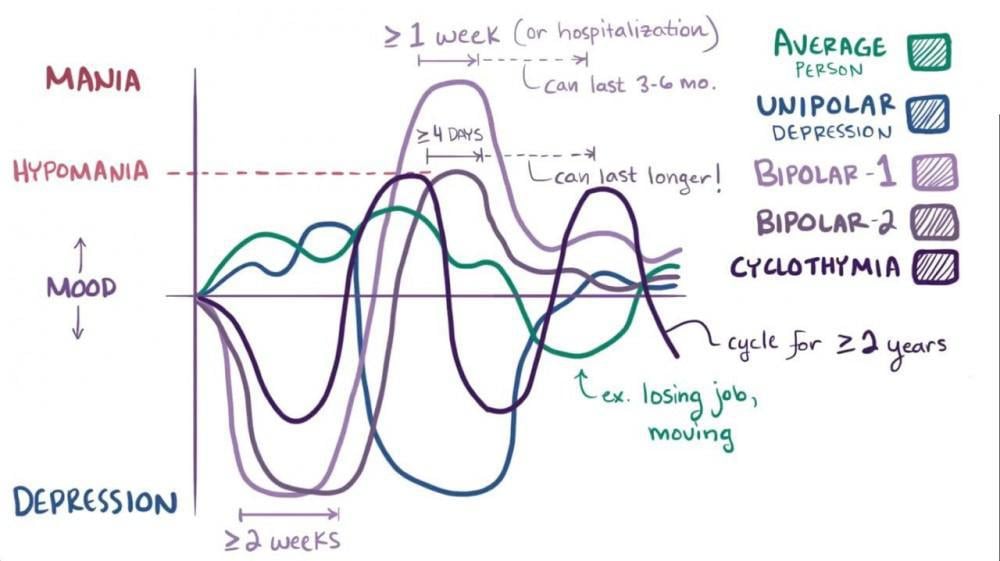
The Truth About Transcranial Magnetic Stimulation For Bipolar Disorder Tms Brain Health

Bipolar Disorder Manic Depression Symptoms Causes Risks Types

Do You Really Have Bipolar Not Depression Soft Signs Of Bipolar Bipolar Burble Blog Natasha Tracy

Where Does Bipolar 2 Reside Depression Treatment Longmont

Mood Disorders Major Depressive Disorder Bipolar Type 1 Cyclothymia Hypomania Mdd Youtube
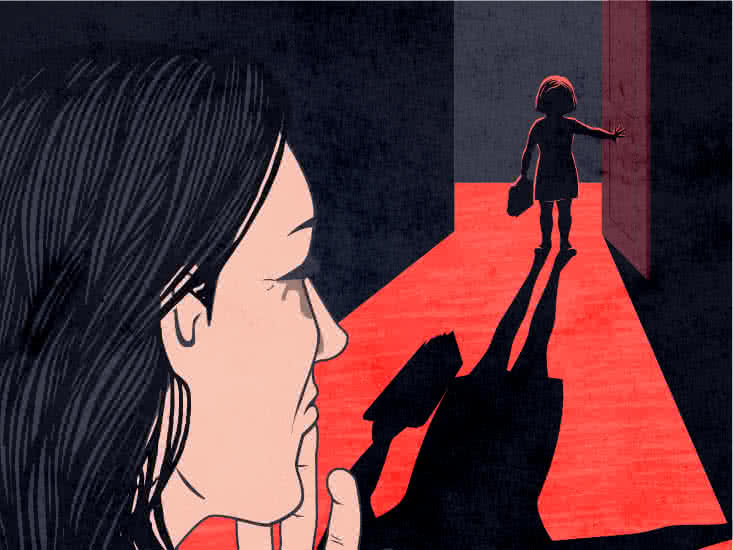
Bipolar 1 Vs Bipolar 2 Know The Difference
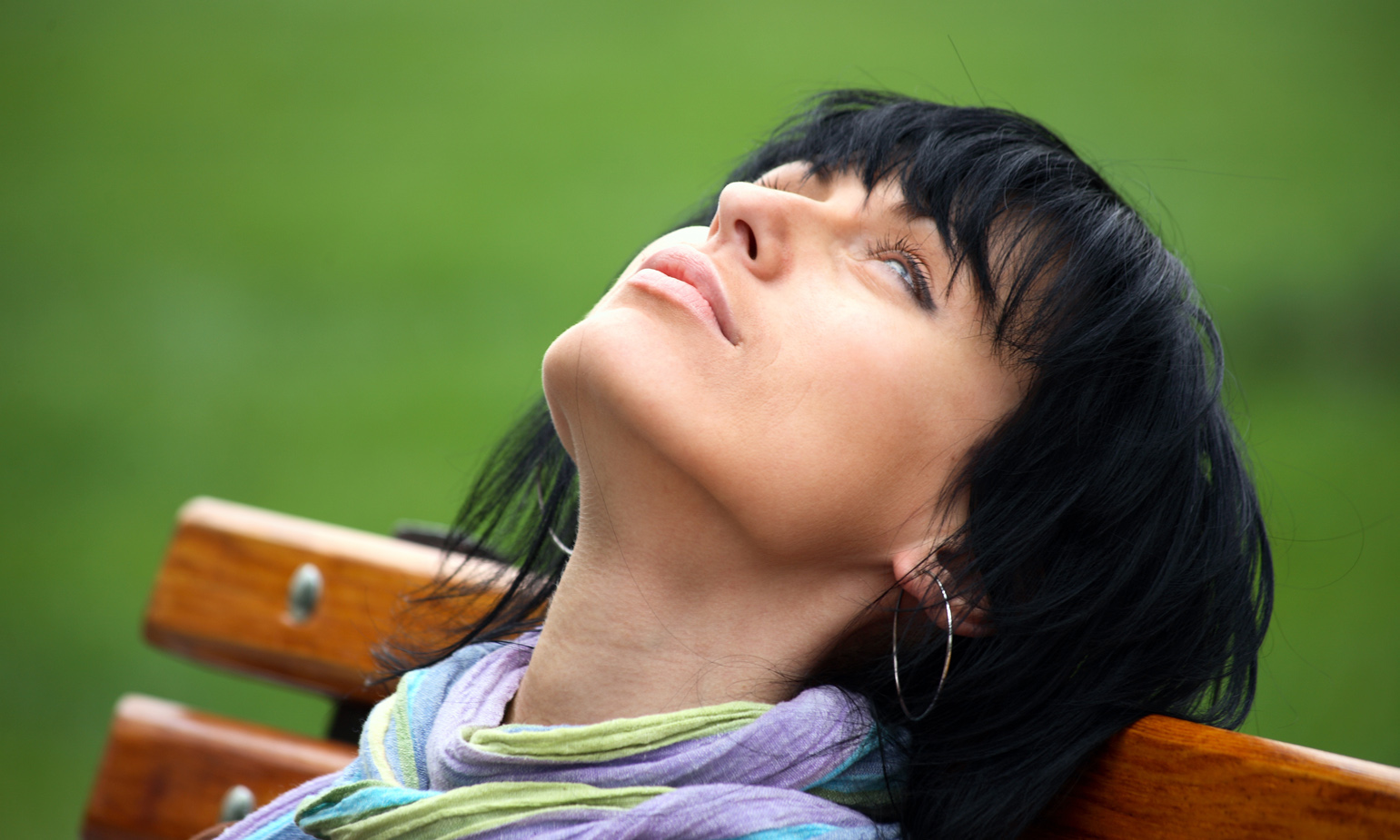
Bipolar Disorder Treatment Helpguide Org

The Challenges Of Bipolar Disorder In Young People The New York Times
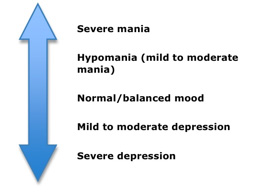
Bipolar Disorder Signs And Symptoms Helpguide Org

Bipolar Disorder Key Facts To Know

Living With Bipolar Disorder 7 People Explain What It S Actually Like Self
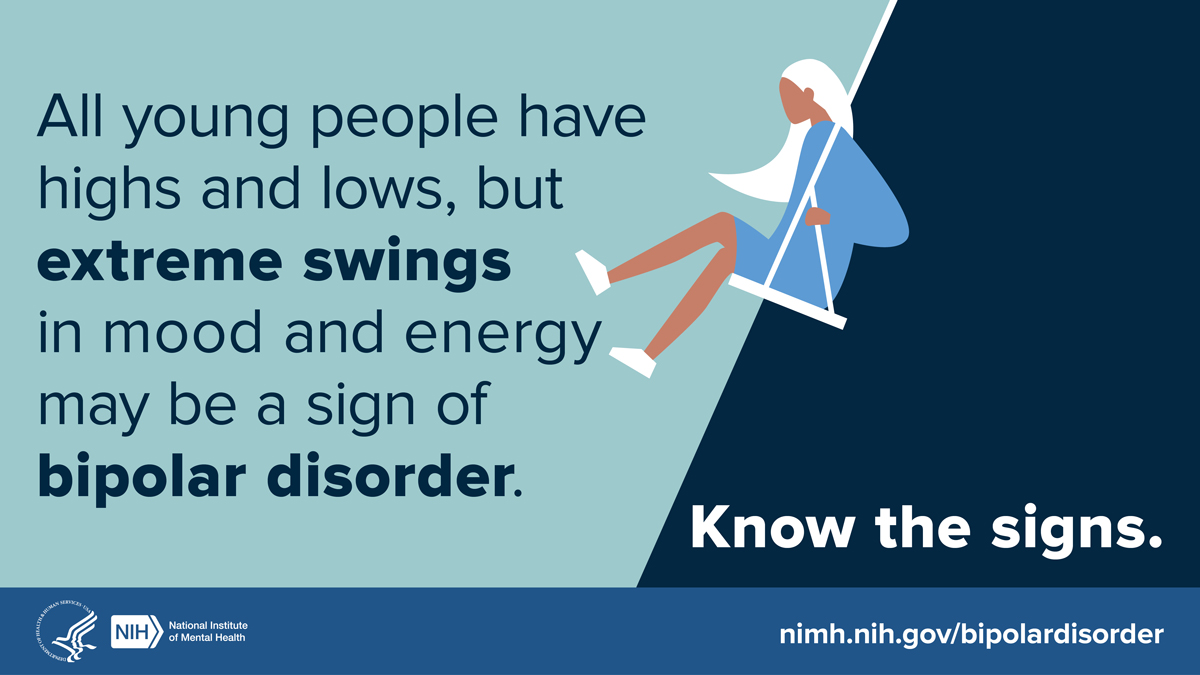
Nimh Bipolar Disorder In Children And Teens

Bipolar Disorder An Evolutionary Psychoneuroimmunological Approach Sciencedirect
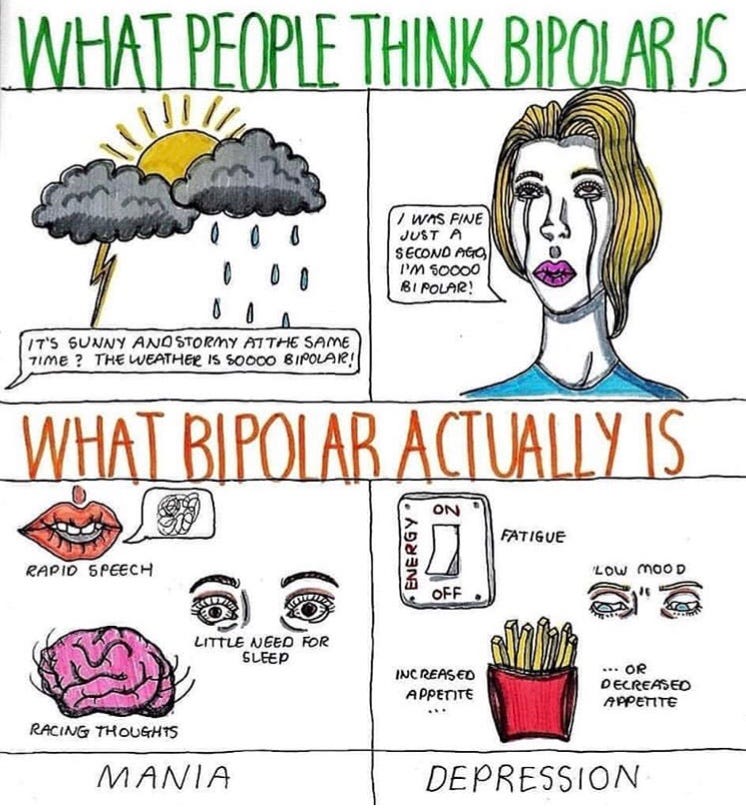
What Is Bipolar Disorder I Ll Explain The Best I Can From My By Ruby Blyth Smith Medium

National Institute Of Mental Health Bipolar Disorder Is Not The Same As The Typical Ups And Downs Every Kid Goes Through The Mood Swings Are More Extreme And Accompanied By Changes

Types Of Depression And Bipolar Disorder In The Dsm5 Youtube

Screening For Diagnosing And Treating Bipolar Disorder In Primary Care Consultant360
